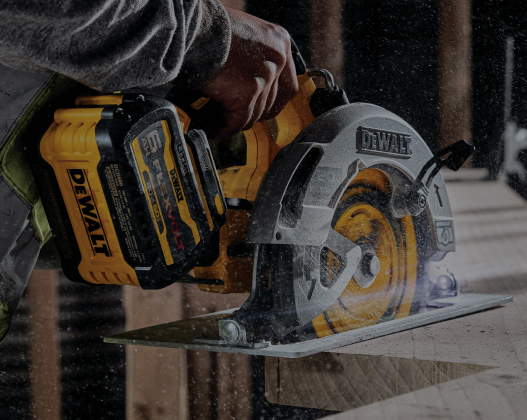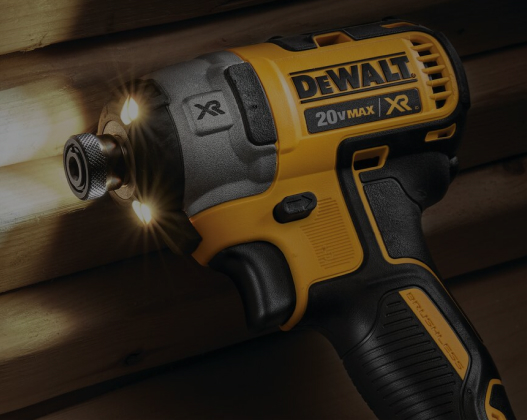- Featured Items
- Top Sellers
- Price (Low to High)
- Price (High to Low)
- Stroke Length: 1 in
- Dust Blower: Yes
- Strokes per minute: 3200
- Stroke Length: 1 in
- Dust Blower: Yes
- Strokes per minute: 0 - 3200
- Stroke Length: 3/4 in
- Dust Blower: Yes
- Strokes per minute: 0 - 2500

Incredible Savings Every Week with Our Weekly Markdowns!
Jig Saws
A jig saw features a reciprocating blade that cuts wood or other materials through an up-and-down or push-and-pull motion. They are ideal for cutting curved shapes, intricate designs, and tight angles. Jig saws are frequently used for tasks requiring precision rather than speed.
Jig saw blades are thinner and smaller than other saws, making them more delicate and prone to breaking. However, this allows you retain better control of the blade and more easily cut the exact shapes you need. Woodworking projects like building a folding table or stool, magazine rack, stackable crates, and wooden home decor will make great use of a jig saw. If you’re working on a piece that includes stenciled designs, a jig saw is likely the only tool able to cut them accurately.
Why Use a Jig Saw?
You may wonder why you need a jig saw when you have plenty of other saws that can cut curved shaped and irregular lines. While this is true, none of them can make those cuts as skillfully and accurately as a jig saw. For stance, jig saws and band saws may look similar due to the up-and-down cutting motion of their thin blades. However, a band saw is better for making wider, larger-scale cuts on bigger pieces of wood. You should reach for a jig saw when you need to make smaller, more complex cuts. They’re lightweight, portable, and easy to use for cutting incredible details in anything from wood to your Halloween pumpkins.
Choosing the Best Jig Saw
Barrel-Handle vs. Top-Handle
Jig saws are available in barrel-handle and top-handle designs. The one that’s right for you is mainly a matter of comfort and personal preference. Some users feel they have better control over the saw with a barrel grip, while others prefer to have their hand above the tool with a top-handle grip.
Orbital Setting
A jig saw blade typically only moves up and down, but a blade with orbital action also moves in a horizontal direction. Orbital cutting action is great for making faster, more aggressive cuts in softer materials. It can also help reduce wear on the blade. If you’re planning to only make straight cuts in harder material, orbital action isn’t needed. However, it’s a good feature to have to provide your jig saw additional flexibility.
Variable Speed
Cutting through metal or other challenging materials will require a saw with a slower cutting speed, so you’ll want your jig saw to include a variable-speed feature. Slower cutting is also preferred for making very intricate, curved cuts when a steady hand and more delicate touch is needed. Variable-speed saws are typically more expensive than others, but it’s worth the investment for most users.































